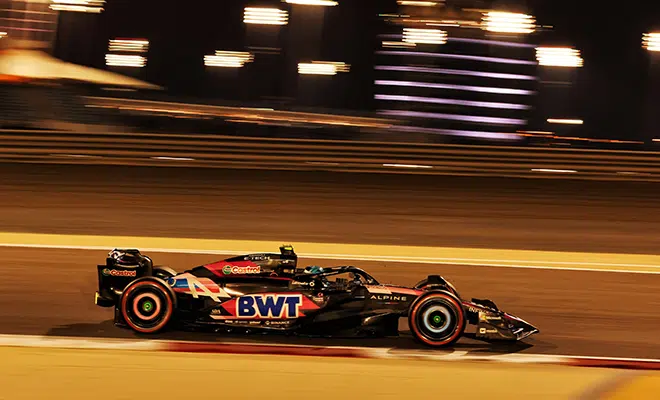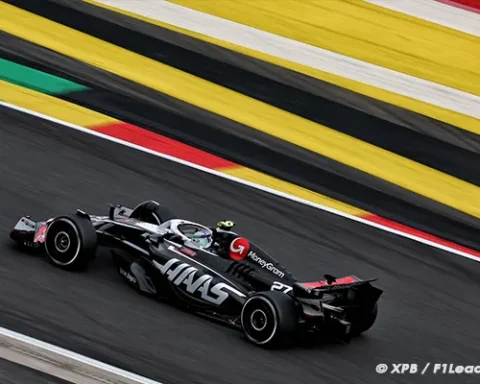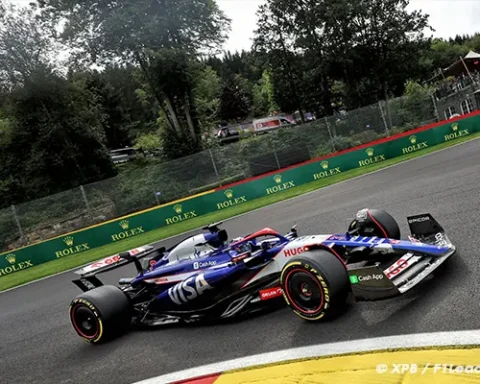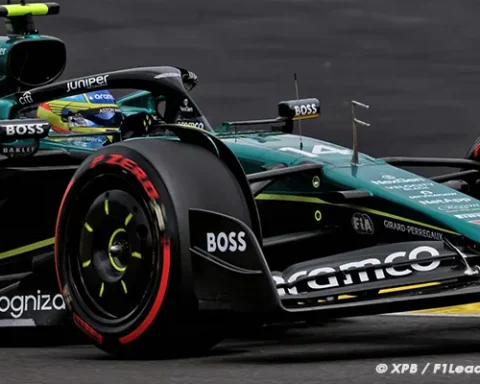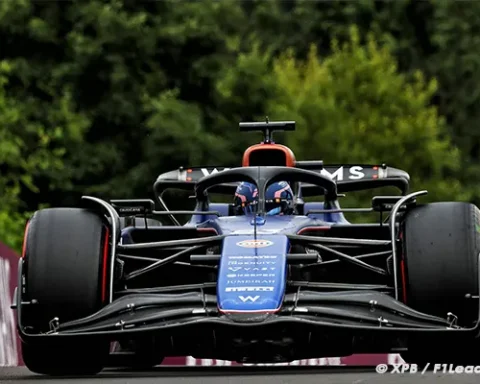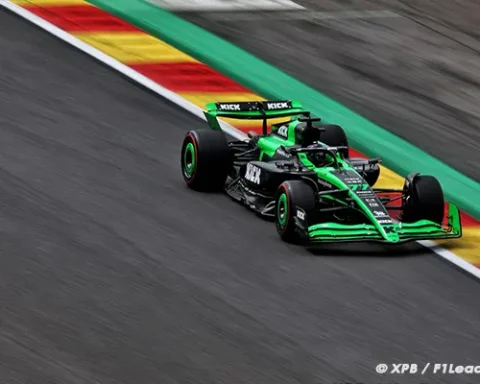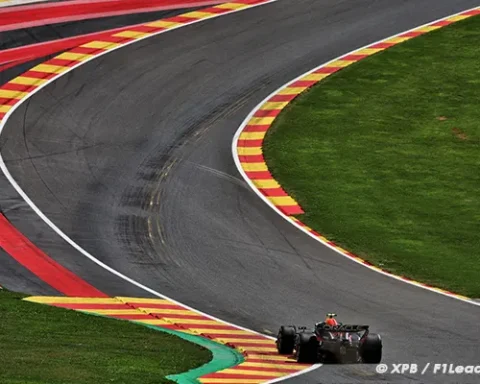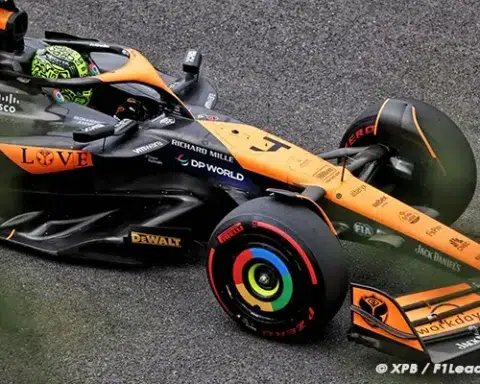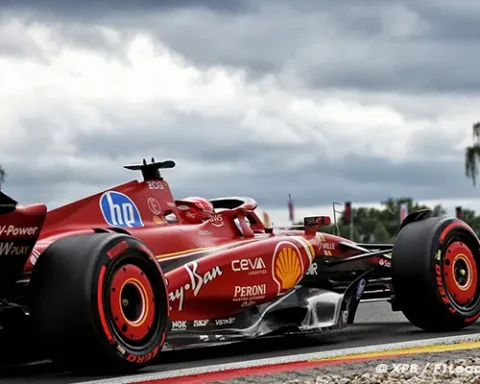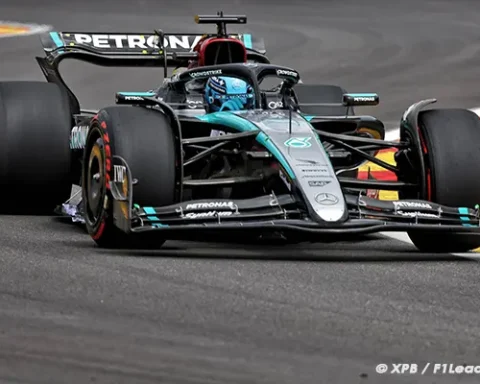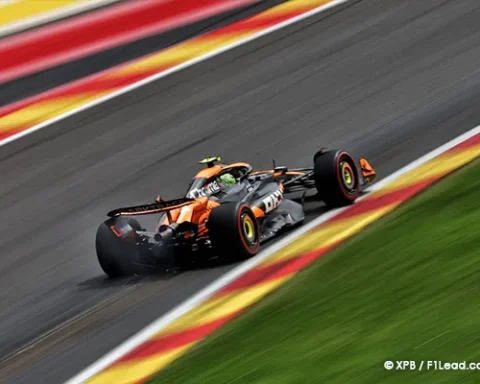Alpine’s Formula 1 season began disastrously, to the extent that the departure of key technical leadership figures and a reorganization were anticipated just after the Bahrain Grand Prix.
Indeed, Technical Director Matt Harman and Head of Aerodynamics Dirk De Beer are reported to have resigned before this debacle.
This situation deals a new blow to the credibility of the team owned by the Renault Group, which is entering its ninth season since acquiring the Enstone team in 2016.
The recent technical reorganization now revolves around three technical directors: Joe Burnell for engineering, Ciaron Pilbeam for performance, and former Williams F1 aerodynamics director, David Wheater, for aerodynamics.
Despite the urgency for a turnaround, the immediate impact of new technical leadership in F1 is limited but necessary given Alpine’s current performance.
Alpine’s Weighty Challenge
The car, the Alpine A524, was the slowest in both qualifying and the race at Bahrain, suffering notably from being 11 kg over the minimum weight due to a monocoque that failed the side impact test and had to be reinforced, significantly increasing the car’s weight.
The lack of traction and aerodynamic force, especially at the rear, along with a power deficit estimated between 15 and 20 horsepower, exacerbates the situation.
These issues have relegated Alpine to the back of the grid, 1.6 seconds off the pace in qualifying.
Compared to McLaren, which saw a significant improvement of 1.7 seconds from the previous year, Alpine only advanced by 0.15 seconds, highlighting the magnitude of the challenge.
While the team follows McLaren’s example with a three-part technical structure, no major technical breakthrough is expected for a turnaround similar to McLaren’s in 2023.
The team hopes for gradual progress, with updates planned after the first races.
However, a change in concept focusing on suspension could offer increased development potential, although the efficiency of the interaction between aerodynamics and the mechanical platform remains uncertain.
Alpine: Fragile Hope
Alpine might see slight improvement at Jeddah, a circuit that, unlike Bahrain, does not penalize their car’s weaknesses as much.
Nonetheless, the leak of resignation information has destabilized the team, compounding the challenges ahead.
Faced with these difficulties and with a car also designed for next year, Alpine appears now to be focusing on 2026 and the new regulations to make a significant leap forward.
Doubts about Renault’s commitment and its ability to provide the necessary resources for the team to become a title contender persist, exacerbated by recent departures and a history of unfulfilled plans.
This episode is indicative of deeper institutional and ownership issues within the team, rather than individual shortcomings.
Alpine’s Crucial Transformation
It is imperative for Alpine to demonstrate its ability to reinvent itself by 2026 to regain credibility and break out of the endless cycle of fleeting success, regression, and direction changes leading nowhere.
Alpine F1 Leadership Crisis 2024. Alpine F1 Leadership Crisis 2024
- ReadMore>Heikki Kovalainen Faces Critical Heart Surgery
- Following us on Facebook and Twitter.
